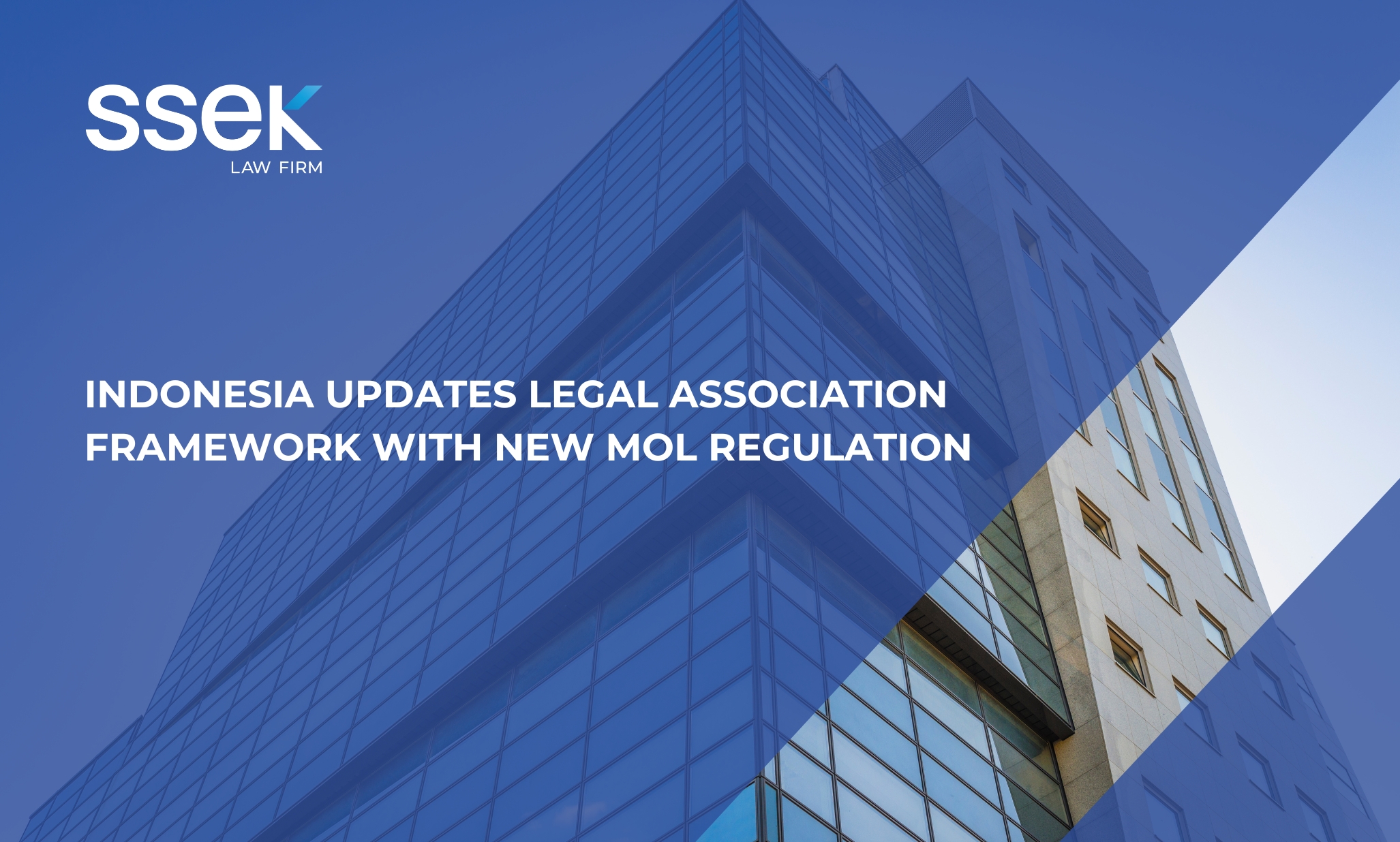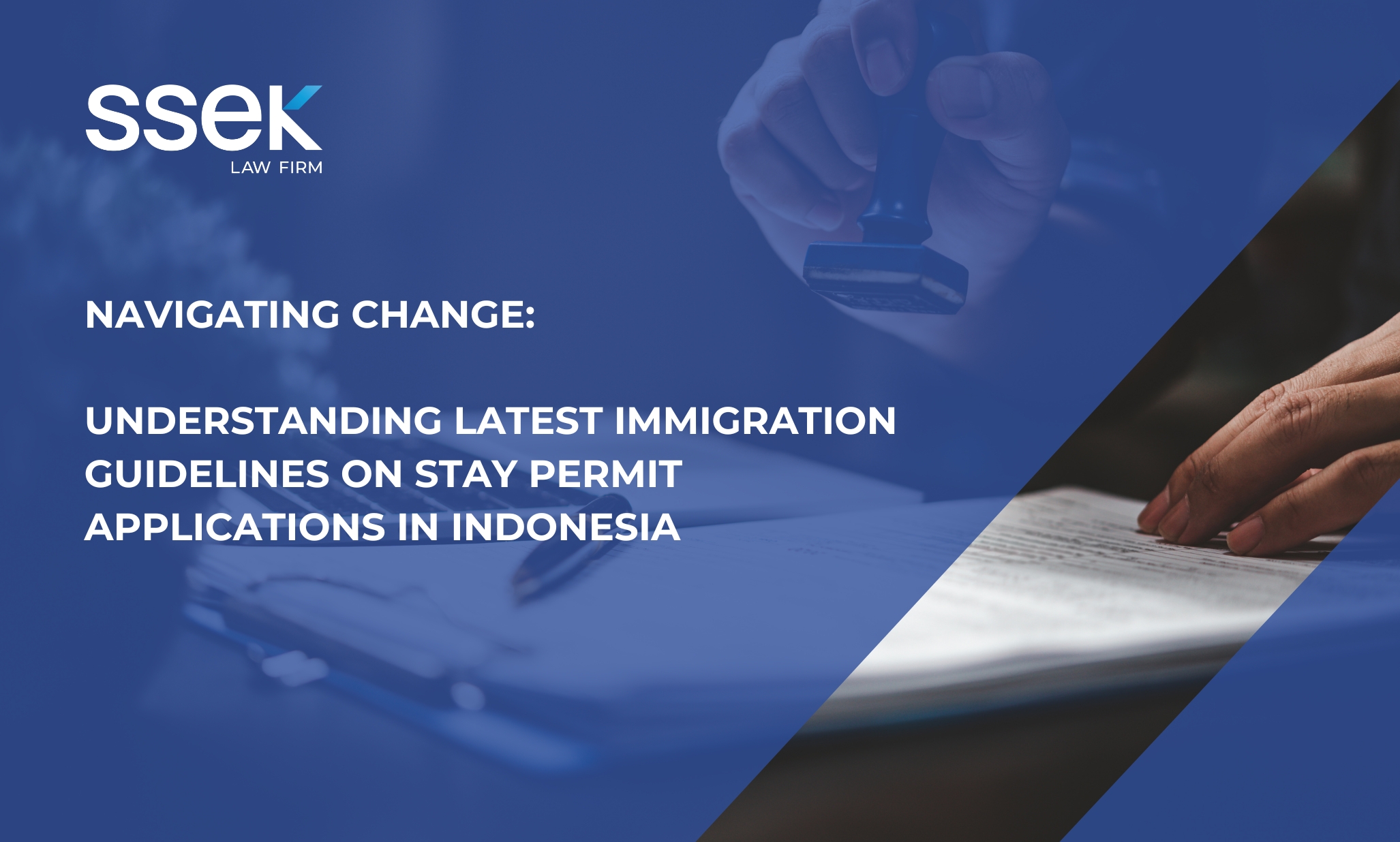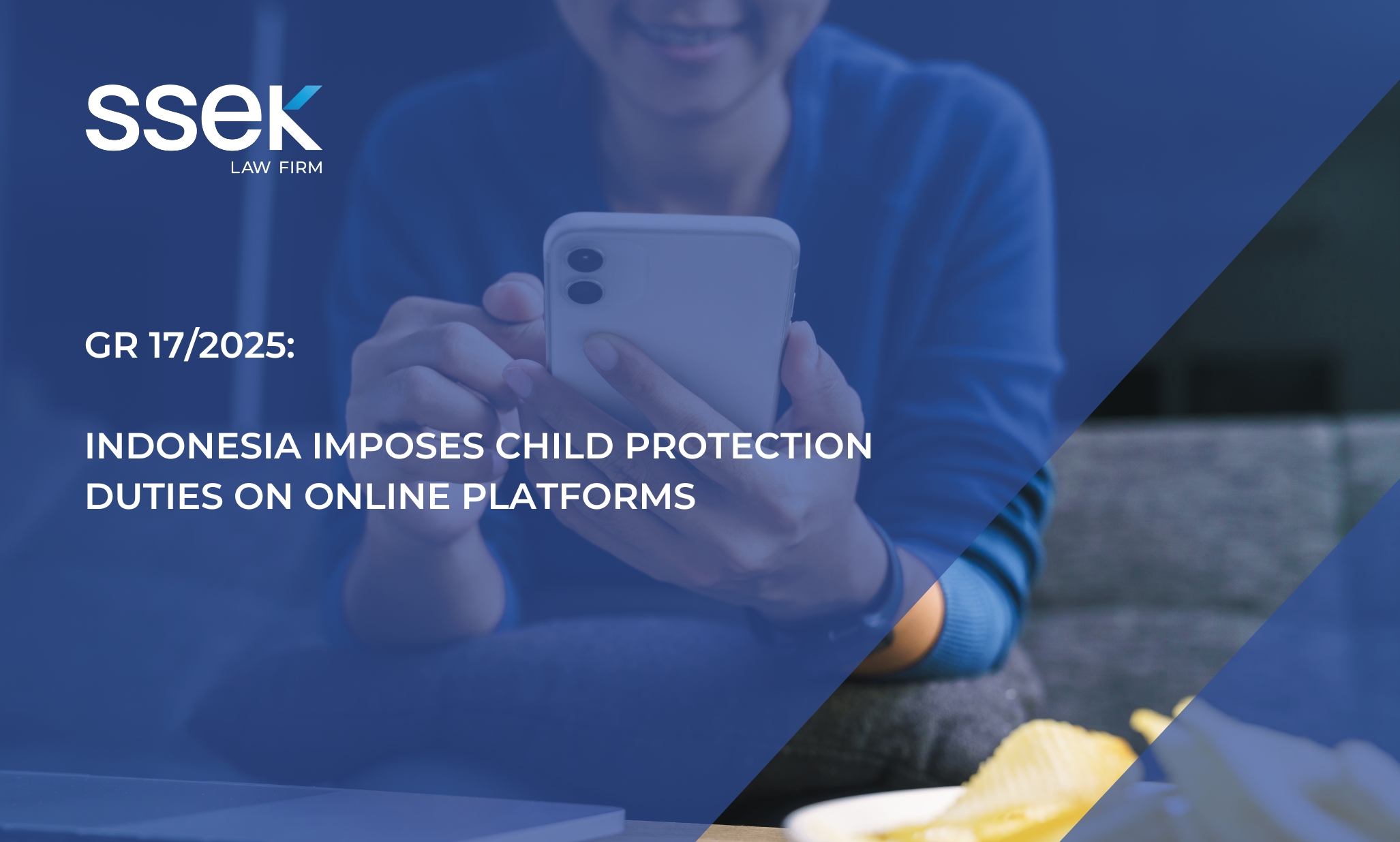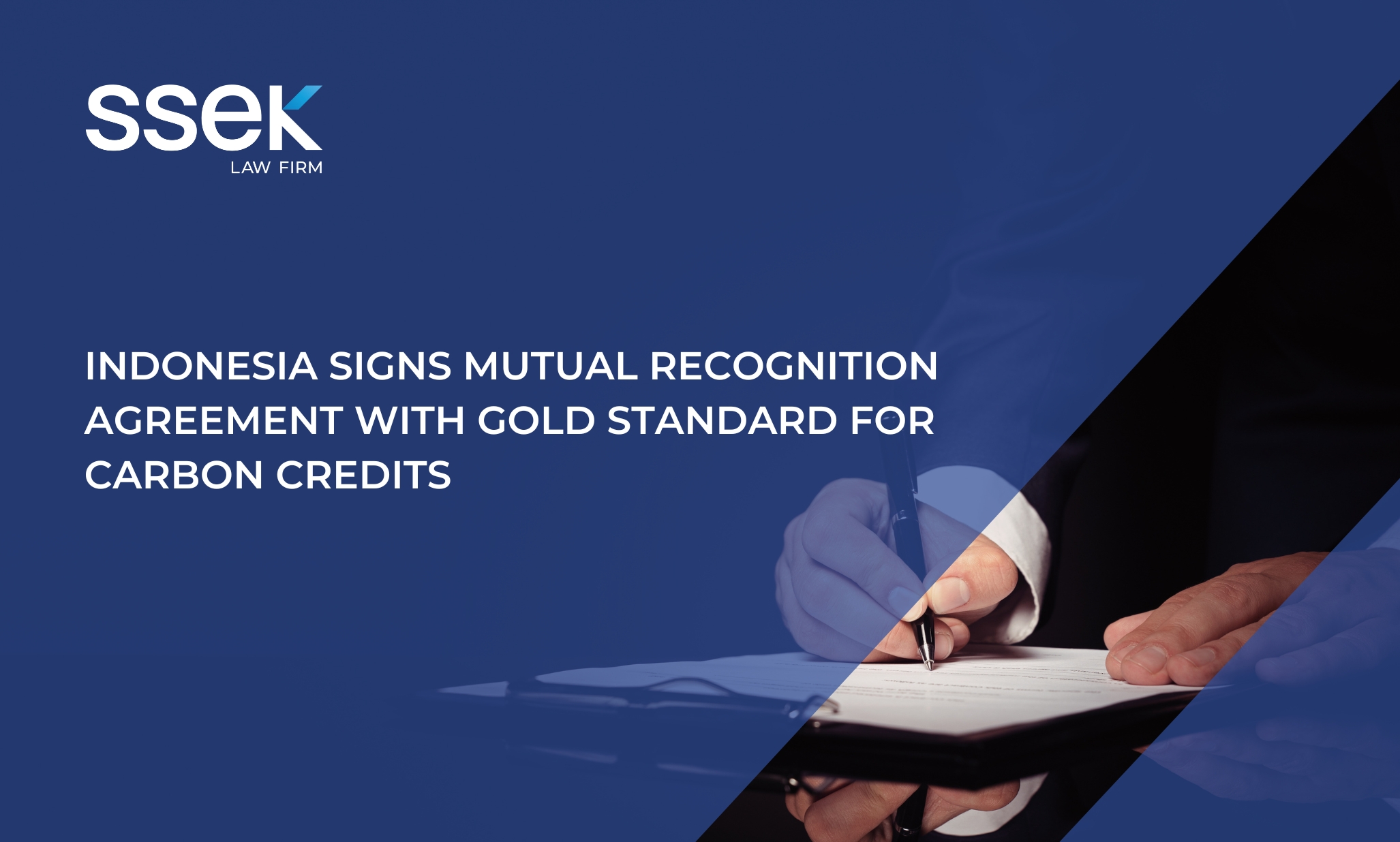

Typical forms of exit used to realize a private equity fund's investment in a successful company in Indonesia are:
- A sale of shares to another company.
- A sale to another private equity.
- An IPO.
Advantages and Disadvantages
The advantages and disadvantages will vary from deal to deal. As an illustration, if the private equity fund chooses to exit an investment through an IPO, it must consider that the IPO market fluctuates and is uncertain.
For trade sales, the market is more certain and stable, but the acquiring private equity firm could impose a large premium on an exit after a relatively short period of ownership.
The most common exit is the sale of shares in the company to another private equity. This will involve the necessary steps required under the Company Law, the articles of association of the company and relevant approvals, if required depending on the line of business.
Exit from Unsuccessful Company
In the event of an unsuccessful company, the private equity fund can exit by way of private selling. Another form of exit is by dissolving the company.
Advantages and Disadvantages
Through private selling the investee company can obtain new funding and continue its business. However, it is often hard to sell companies with non-performing portfolios.
If the company chooses to be dissolved, then the business will close permanently. This should be the last option because dissolving a company in Indonesia is quite a rigorous exercise and will involve a tax audit by the Directorate General of Taxation before the company can officially be dissolved.
This first appeared in Private Equity in Indonesia: Market and Regulatory Overview, published by Thomson Reuters Practical Law.
This publication is intended for informational purposes only and does not constitute legal advice. Any reliance on the material contained herein is at the user's own risk. All SSEK publications are copyrighted and may not be reproduced without the express written consent of SSEK.









